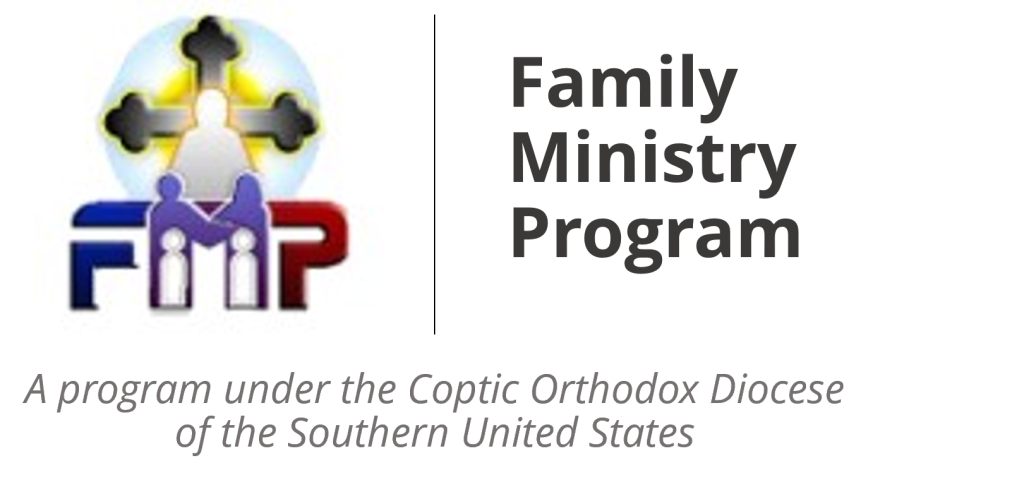These courses are offered on demand to FMP graduates However, they are not available at this time Counseling 501: Biopsychosocial and Spiritual Perspectives Counseling 502: Counseling Skills Counseling 503: Positive Psychology and Implications for Addiction Counseling 504: Practical Applications of Christian Counseling Counseling 601: Introduction to Chemical Dependency Counseling 602: Chemical Dependency II Counseling 603: Chemical […]
Category Archives: Advanced Courses
Instructors: Fr. Makary Ibrahim (Former Psychiatrist) E-mail: agapemercy@gmail.com Phone: 210-730-3782 Course Description: This course will explore the new research on addictive behaviors and the most effective way to overcome, craving, escape from boredom, the pursuit of pleasure, the avoidance of pain, and the relief from chaos is some of the topics that will be covered […]
Instructor: Fr. Makary Ibrahim (Former Psychiatrist) E-mail: agapemercy@gmail.com, Phone: 210-730-3782 Course Description: This course will provide a deeper understanding of the dependencies of the heart, romance, relationships, and sexual intimacy. Course Objectives: The student will learn about: Roots of addictive love Characteristics of addictive love Romance & sex addiction The truth about lust Strategies for […]
Instructors: Mrs. Margo Rizk, M.A., Diploma, Christian Counselor E-mail: rizkmargo@gmail.com, Phone: 412-793-1868 Fr. Makary Ibrahim,M.D. Course Description: This course will provide a deeper understanding of the complexities surrounding addictions, in order to develop strategies for coping and empowerment. Course Objectives: At the conclusion of the course, students will: Examine in depth the addictive cycle Addiction […]
On Site Instructor & Contact Information: INSTRUCTOR: YOUSRY ARMANIOS, M.D., M.A. E-MAIL ADDRESS: YARMANIOS@HOTMAIL.COM PHONE NUMBER: 614-327-8289 Course Prerequisites: Students who wish to join this course can only be qualified after successful completion of Courses 601 & 602. Course Objectives: Counseling 603 should help Students comprehend the Basics and Options of Treatment of Substance […]
On Site Instructor & Contact Information: NAME: YOUSRY ARMANIOS, M.D., M.A. E-MAIL ADDRESS: YARMANIOS@HOTMAIL.COM PHONE NUMBER: 614-327-8289 Course Prerequisites: Students who wish to join this course can only be qualified after successful completion of all basic courses of the Family Ministry Program. Course Objectives: Counseling 602 should continue introducing Students to understand the basic Epidemiological, […]
On Site Instructor & Contact Information: NAME: YOUSRY ARMANIOS, M.D., M.A. E-MAIL ADDRESS: YARMANIOS@HOTMAIL.COM PHONE NUMBER: 614-327-8289 Course Prerequisites: Students who wish to join this course can only be qualified after successful completion of all basic courses of the Family Ministry Program. Course Objectives: Counseling 601 should introduce Students to understand the basic Epidemiological, […]
Course Description: This course will allow students to learn and practice counseling techniques, which would make of them better helpers. Course Objective: Upon completion of this course, students will be more comfortable with counseling others in both, a personal and a social capacity. Students will learn and practice the purpose of using empathy, silence, questioning, […]
Instructor: Christine E. Agaibi, MA (ABD – PhD Candidate Counseling Psychology) Email: cagaibi1@yahoo.com Phone: 216.338.7277 (Cell) Course Description: Course is designed to familiarize students (lay Christian helpers) with the fundamentals of Positive Psychology and the positive aspects of the human experience. Students will learn about the history of positive psychology and interventions and application to […]
Counselor:MARY MICHAIL, MA. LPC. NCC. Home Phone 248.629.5152, Cell Phone 248.762.6748, Email: marymichail@hotmail.com Course Description: This advanced course will allow students to apply counseling skills they have previously learned. The purpose of this course is intended to help students by allowing them regular practice and supervision of their counseling abilities. By doing so, students will […]
Instructor: Christine E. Agaibi, M.A. (ABD) (Ph.D. Candidate in Counseling Psychology) Email: cagaibi1@yahoo.com Required Text: 1) Handbook for Christ-Centered Substance Abuse and Addiction Counselors – By Michael Belzman, PhD – Xulon Press – 2010 – ISBN-9781609578091 2) Combining Medication and Psychosocial Treatments for Addictions – The Brenda Approach – By Joseph Volpiccelli, Helen Pettinati, A. […]
